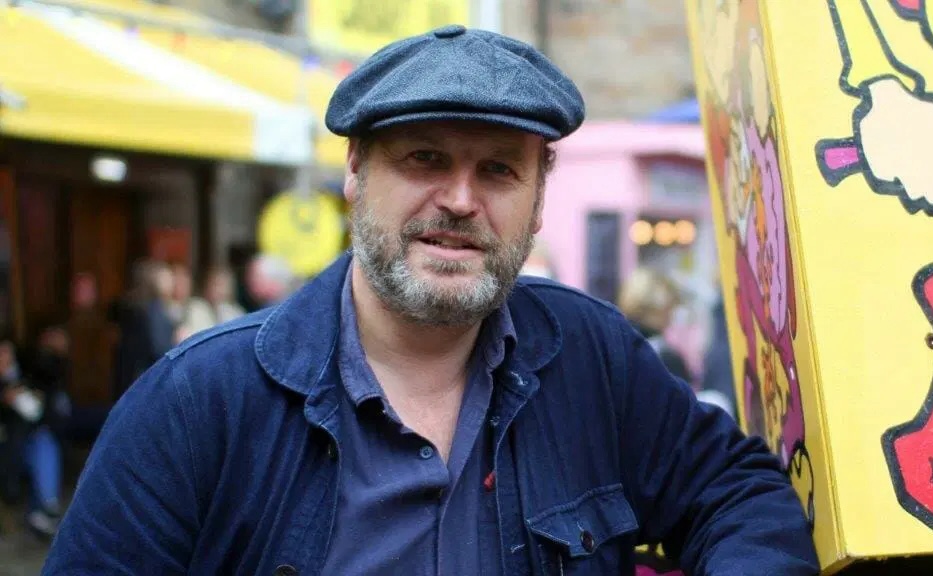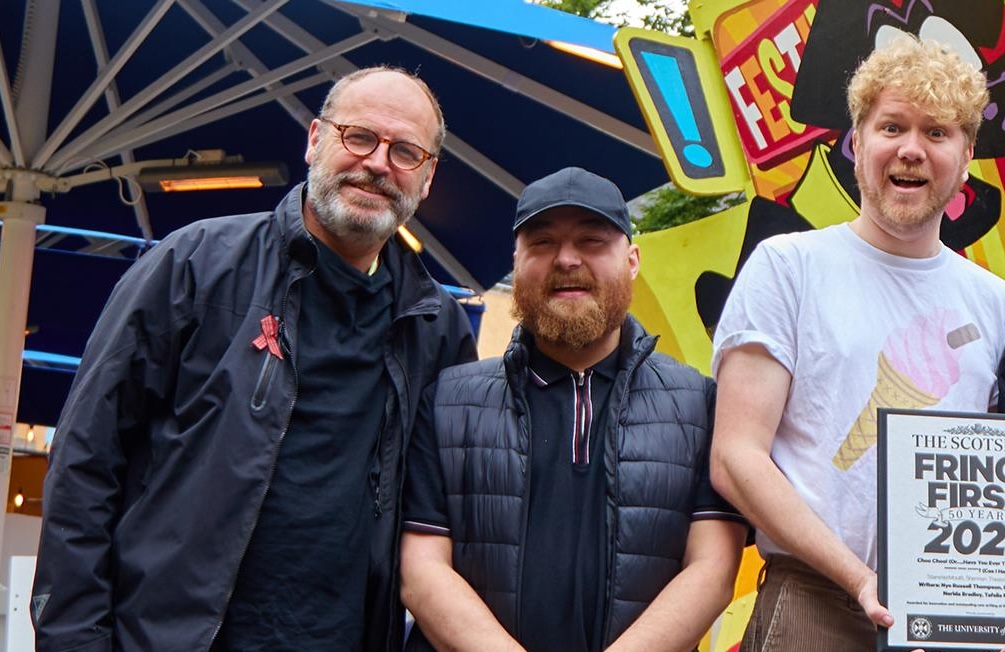Interview with Anthony Alderson of Pleasance Theatre’s Trust
As Director of the Pleasance Theatre Trust, Anthony Alderson is busy championing bold new emerging talent. In our chat, he reflects on how the culture scene has evolved and why it remains vital...

Hi Anthony! Have you always felt drawn to the arts? Did a career supporting creativity always feel like a natural path?
My first real introduction to theatre came when I was ten years old, singing in the Scottish Ballet’s production of The Nutcracker. I completely fell in love with the world backstage — a hidden, almost magical place that the audience never saw. It was full of strange machinery, hushed voices, and anxious dancers waiting for their cues. I used to sit on the fly gallery and watch. From that moment on, a life supporting creativity felt almost inevitable. Early exposure to the arts is so important — not just for the future of the industry, but for a child's growth and development.
What role does live performance play in 2025 for the individuals & communities that attend?
Live performance in 2025 is more vital than ever. In a world that's increasingly digital and disconnected, gathering together in a room to share an experience — a laugh, a gasp, a moment of silence — is profoundly powerful. Live performance offers a direct connection, which doesn't happen with a screen. It reminds us that we are not alone, that we are part of something larger. It creates a shared heartbeat in a room full of strangers.
For communities, it brings conversation, energy, and a sense of identity. For individuals, it can be transformative. At its best, live performance lifts us out of ourselves and shows us new ways of seeing the world — and each other.

With the Edinburgh Fringe fast approaching, what sets the Edinburgh International Conference Centre apart as a global hub?
The EICC stands out as a hub for international theatre at the Edinburgh Festival Fringe, thanks to its world-class facilities, flexible spaces, and clear commitment to accessibility. Its innovative design - including adaptable areas like the Lennox and Pentland Theatres - allows for a wide range of theatrical experiences, exemplified by Dark Noon in 2023, which couldn’t be presented anywhere else.
Our partnership over the last seven years has brought large ensemble theatre works from across the UK, Canada, Cuba, Italy, Ireland, Spain, South Africa, Denmark, and the Netherlands. The EICC combines technical excellence with a welcoming Fringe spirit, bridging the gap between the International Festival and the Fringe in terms of the scope of creativity we can present from around the world. Lower ticket prices on the Fringe maintain its accessibility. However, the ambition behind these shows is hard to deliver, particularly with Edinburgh accommodation now being prohibitively expensive for large-scale productions.
Are there future initiatives or collaborations you're excited about that further amplify the Pleasance's impact?
Absolutely — we’re really excited about the future. One initiative that we’re incredibly proud of is the Pleasance’s Edinburgh National Partnership scheme, which connects with leading theatres and organisations across the UK to identify and support exceptional artists, particularly those who might not otherwise find a platform at the Fringe. It's a brilliant way of ensuring that the work we present is truly reflective of the whole country.
Over the last year, we have worked with the Spoleto Festival in Charleston, the Sydney Festival, and St Ann’s Warehouse in New York. We continue to strengthen our international ties, building new collaborations with festivals and companies worldwide to create opportunities for touring, exchange, and creative development. At the heart of it all is the same ambition: to discover, nurture, and champion bold new voices, and to ensure that the Pleasance remains a place where artists and audiences from across the world meet and inspire each other.

What is drawing you in the culture scene right now? Could be anything!
Right now, I’m fascinated by how live performance and digital technology merge to create entirely new experiences. Artists blend the physical and the virtual in genuinely thrilling ways - immersive theatre using augmented reality, live shows that incorporate real-time digital interaction, and work that connects audiences across borders instantly. It’s not about replacing the magic of being in a room together; it’s about amplifying it, extending its reach, and reimagining how we can share stories.
I think we’re only just beginning to scratch the surface of what's possible, and that sense of discovery — that blurring of traditional boundaries — is incredibly exciting. But again, the Fringe as a proving ground struggles without support for its infrastructure. Without support, innovations and world-leading ideas are denied a launchpad.
Learn more about Pleasance here.